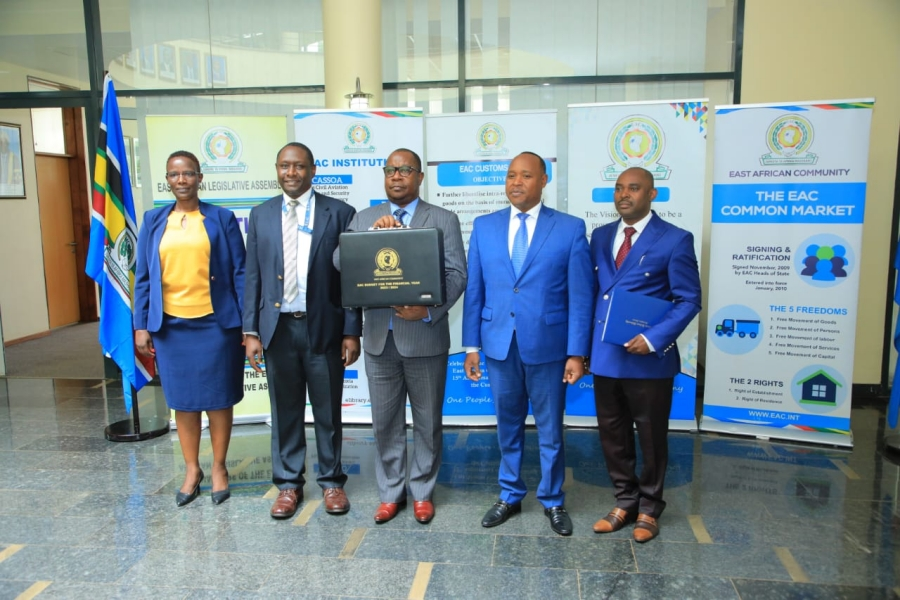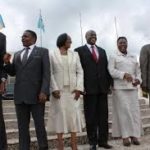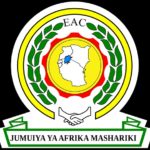The East African Community (EAC) has raised its spending plan for the 2023/24 financial year to $103.84 million from $91.58 million last year, an 11 percent increase. The budget allocations focus on sectors such as education, science, health, and judiciary, with an emphasis on economic growth and climate change resilience.
The regional group aims to raise around half of the funds from the contributions of the seven-member nations, with the balance coming from development partners, according to the budget presented on Tuesday by the minister of Burundi and head of the EAC Council of Ministers, Ezechiel Nibigira.
“Out of this amount, $59,033,010 (57 percent) will be contributed equally by partner states or raised as other internal revenues, while $44,809,870 (43 percent) will be sourced from development partners,” Nibigira disclosed to the East African Legislative Assembly (Eala) sitting in Arusha.
The budget projections, according to the minister, were submitted in the midst of several global shocks, including the Russian invasion of Ukraine, challenging global economic conditions, the lingering impacts of COVID-19, and the implications of climate change, all of which continue to have an influence on the economies of the EAC.
“Despite these challenges, economic growth in the region improved to 4.8 percent in 2022 from 3.5 percent in 2021. The strong growth in the region was supported by the good performance of the industry, services, construction, mining, and manufacturing sectors,” Nibigira noted.
“Global economic growth is expected to remain weak, mainly due to anti-inflationary measures and geopolitical risks,” he added.
Nibigira predicted that the EAC economies will have a bright future, thanks to excellent growth in the services sector and rising public and private investments.
“However, downside risks remain, attributed to weaker global growth, tight financial conditions and climate change risks,” he said.
The Inter-University Council for East Africa will receive 12% of the funding, with the EAC Secretariat receiving 49%, followed by Eala at 17% and Eala.
The Lake Victoria Fisheries Organization will receive 3%, the East African Court of Justice will receive 4%, and the Lake Victoria Basin Commission will receive 8%.
The East African Science and Technology Commission and the East African Health Research Commission each received 2% from the EAC, while the East African Kiswahili Commission and the East African Competition Authority each received 1%.







